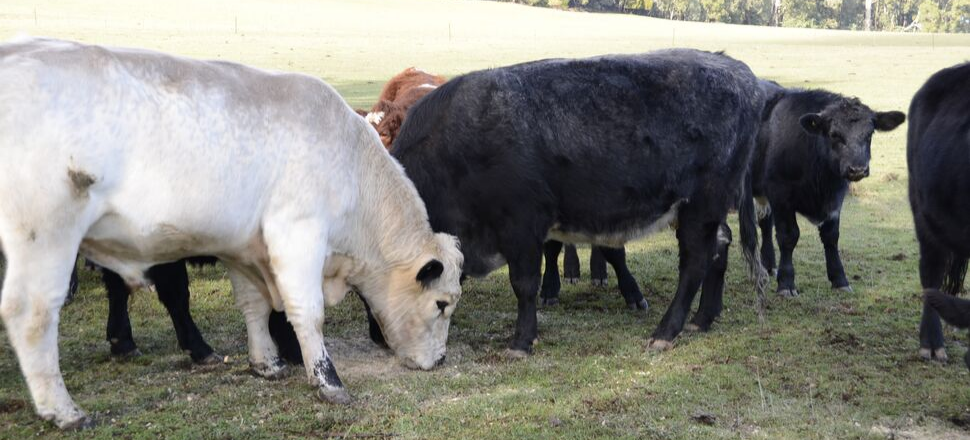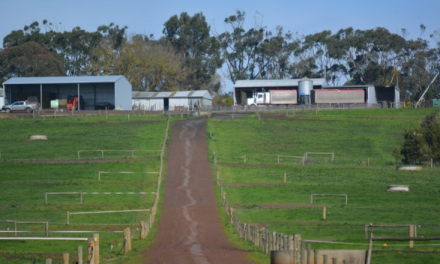Livestock producers risk drowning in data, but digitalisation is helping industry innovators gain a strategic advantage in transforming their business and competing in key markets.
“We all know the digital revolution will transform agriculture in the way it has transformed industries like telecommunications and mining, but producers are often overwhelmed by the sheer volume of raw data currently available,” Hitachi business development senior manager Derrick Thompson said.
“They all want the digital edge, but are grappling with an ever-increasing range of digital tools to assist them across numerous platforms which are not integrated, unable to communicate with each other, nor able to interpret and analyse information at a high level – which is why many businesses have not yet adopted data source technology.”
Mr Thompson’s presentation ‘Next Generation Livestock Producers’ on November 13 features a number of practical case studies on how innovative sheep and beef producers in Australia are integrating these digital tools through one Control Centre, to improve the efficiency of their in day to day farm operations.
“One example is a seventh generational sheep producer whose operation is a finishing station, and whose objective is to better monitor and, therefore, manage an animal from the time it arrives on farm, to when it goes to the processing plant,” he said.
“This producer had the basics in place, like electronic identification tags, but he now has the ability to monitor animals at an individual level, not just at mob level, and can identify which animal is performing better, and can also see which vendor is providing the better performing animals.”
Mr Thompson said one of the early benefits this producer noticed was improved labour management in terms of sensors electronically monitoring water in tanks and troughs.
“The producer can also assess weight gain per animal per day, compare how each animal performs in terms of weight gain in grasslands versus the feedlot, and has a digital health and welfare record of the animal – such as any medical treatments, vaccinations, and so forth,” he said.
Mr Thompson said consumers, particularly in overseas markets, are demanding to know more about the development and welfare of animal, and that its provenance can be verified.








